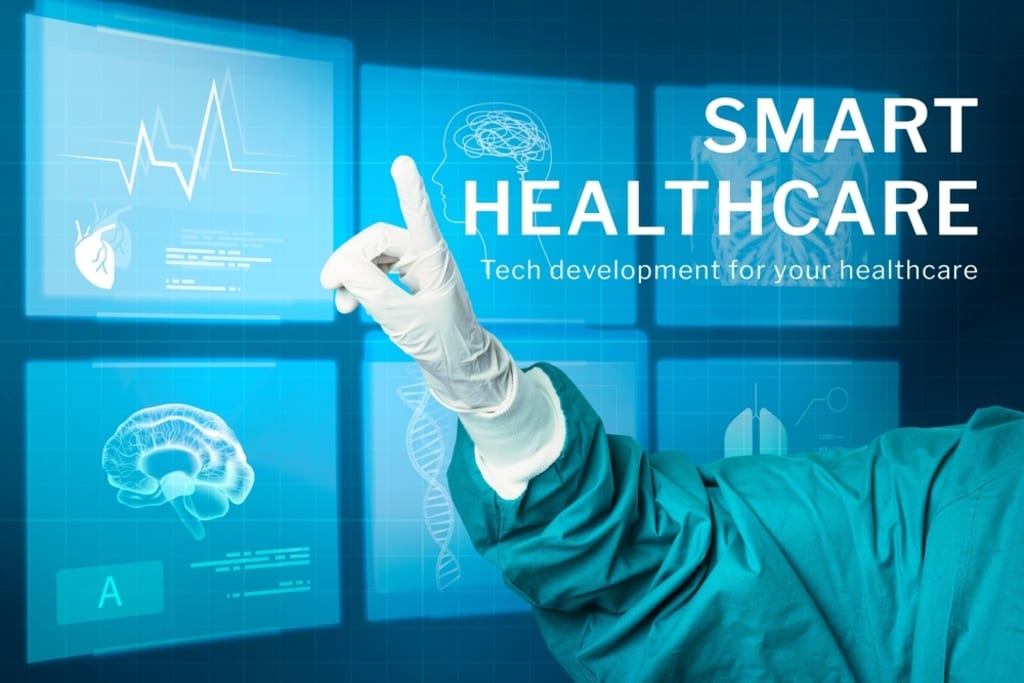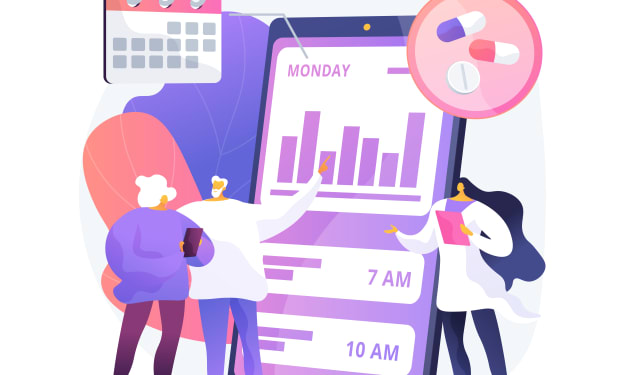The Transformative Power of Healthcare Software Development in the Healthcare Industry
healthcare software development

Introduction:
In today's digital age, technology has become an integral part of various sectors, including healthcare. Healthcare software development has emerged as a transformative force, revolutionizing the way healthcare services are delivered and improving patient outcomes. This blog explores the significant contributions of healthcare software development and its impact on the healthcare industry.
Healthcare software development has brought about a transformative shift in the healthcare industry, revolutionizing the way healthcare services are delivered. Through the development of electronic health records (EHR) systems, patient portals, diagnostic tools, and communication platforms, healthcare software has streamlined administrative processes, improved patient care and engagement, enhanced diagnostic accuracy and treatment outcomes, facilitated seamless communication and collaboration among healthcare professionals, harnessed the power of data analytics for informed decision-making, and accelerated medical research and development. This transformation has resulted in increased efficiency, improved patient outcomes, and the potential for innovative advancements in healthcare delivery.
Streamlining Administrative Processes:
Healthcare software development has greatly simplified and automated administrative tasks, enabling healthcare providers to focus more on patient care. Electronic Health Records (EHR) systems have replaced cumbersome paper-based record-keeping, making patient data easily accessible, securely stored, and readily transferable between healthcare professionals. This not only enhances efficiency but also reduces the likelihood of errors, improves coordination among healthcare providers, and enables faster decision-making.
Enhancing Patient Care and Engagement:
Healthcare software applications have empowered patients to actively participate in their own healthcare journey. Patient portals and mobile applications provide individuals with convenient access to their medical records, test results, appointment scheduling, and medication reminders. This fosters a collaborative relationship between patients and healthcare it consulting service providers, encourages adherence to treatment plans, and promotes proactive self-care, leading to improved health outcomes.
Improving Diagnosis and Treatment:
Sophisticated healthcare software solutions have revolutionized the diagnostic process, leading to more accurate and efficient diagnoses. Advanced imaging software, machine learning algorithms, and artificial intelligence-powered diagnostic tools assist healthcare professionals in interpreting medical images, identifying patterns, and detecting anomalies that might be missed by human analysis alone. Moreover, electronic prescribing systems ensure error-free medication management, reducing the risk of adverse drug events and improving patient safety.
Enhancing Communication and Collaboration:
Effective communication and collaboration are crucial in healthcare settings, involving multiple healthcare professionals, departments, and even external stakeholders. Healthcare software development has introduced secure messaging platforms, telemedicine solutions, and collaborative tools that facilitate real-time communication and information sharing. This enables healthcare teams to work together seamlessly, irrespective of geographical barriers, leading to faster decision-making, improved care coordination, and ultimately, enhanced patient outcomes.
Data Analytics and Insights:
The integration of healthcare software solutions with robust data analytics capabilities has unleashed the potential of vast amounts of healthcare data. Through data mining, pattern recognition, and predictive analytics, healthcare professionals can derive meaningful insights, identify trends, and make data-driven decisions. These analytics-driven insights have the potential to improve population health management, optimize resource allocation, and identify areas for quality improvement within healthcare organizations.
Advancing Research and Development:
Healthcare software development plays a pivotal role in driving medical research and development. Software applications are used to collect, manage, and analyze research data, enabling researchers to conduct large-scale studies, identify patterns, and develop innovative treatments and therapies. Additionally, virtual patient simulations and modeling software aid in testing hypotheses, refining treatment protocols, and minimizing risks associated with experimental procedures.
Conclusion:
Healthcare software development has transformed the healthcare industry, empowering healthcare providers, engaging patients, improving diagnostics and treatments, facilitating communication, unlocking valuable insights, and advancing medical research. As technology continues to evolve, it is essential for healthcare organizations to embrace software development to stay at the forefront of innovation and provide efficient, patient-centered care. The collaboration between healthcare professionals and software developers holds the promise of a brighter future, where technology continues to enhance the well-being of individuals and communities alike.
About the Creator
Larisa Albanians
Hey, a healthcare technology solutions provider at emorphis, that is helping organizations to deliver better healthcare solutions.






Comments
There are no comments for this story
Be the first to respond and start the conversation.